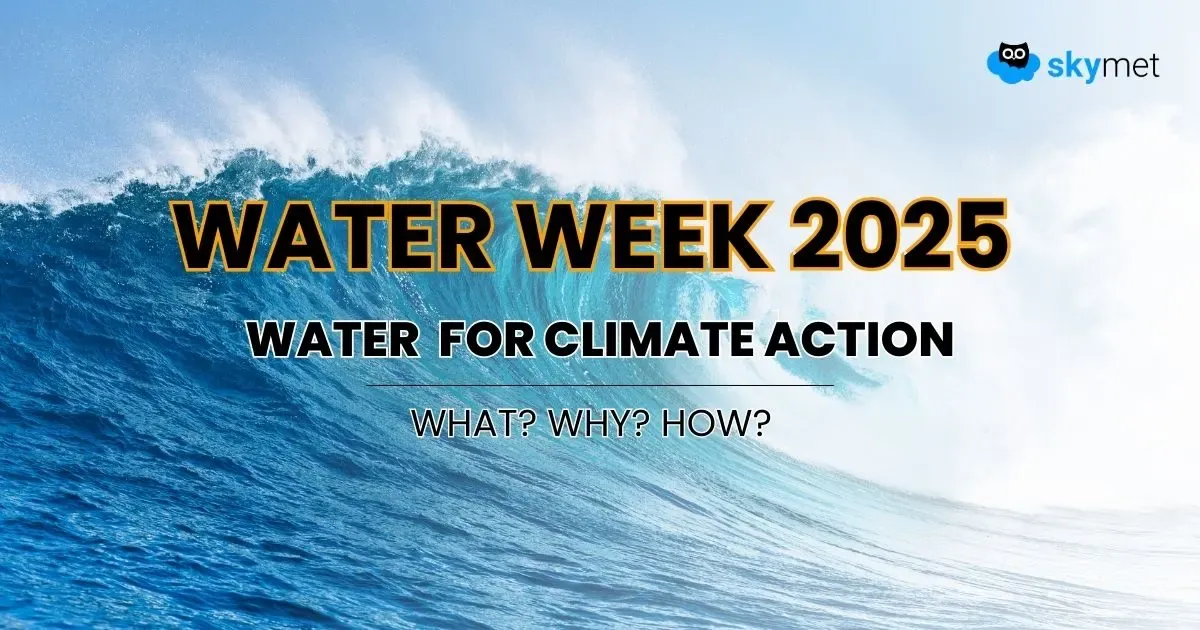
Negative IOD Event Likely - Earlier Than Expected: May Influence Monsoon
Latest analysis of Nino indices, IOD, and MJO highlights their strong influence on the Indian monsoon. ENSO-Neutral is likely to continue through 2025, with a possible La Niña later. A developing negative IOD could impact rainfall patterns across India.
Read More

Flash Floods and Landslides in Himalayas: Reasons Why Glacier Collapses and Cloudbursts Are Devastating Parts of India
Flash floods and landslides triggered by intense monsoon rains have battered Jammu and Kashmir, Himachal Pradesh, and Uttarakhand this August. Rising temperatures, retreating glaciers, and unplanned construction are compounding the risk of cloudbursts and sudden floods. Experts warn that India’s Himalayan belt faces escalating extreme weather, demanding urgent preparedness and planning.
Read More
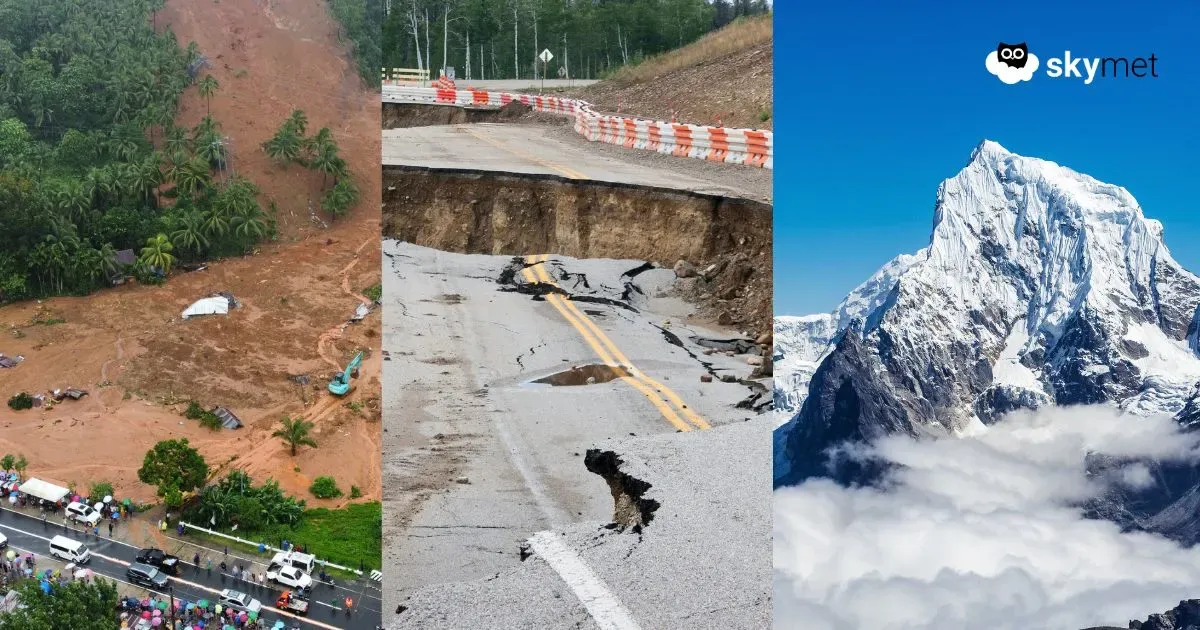
Why Sheltering Stray Dogs is Key to Weather Resilience and Public Safety in India
Extreme weather kills thousands of stray dogs yearly in India. Learn how sheltering, neutering, and vaccination can save lives and control populations.
Read More

Why Despite Climate Risks, J&K’s Orchard Farmers Still Excluded from PMFBY
Despite contributing over 2 million metric tonnes of apples annually, Jammu & Kashmir’s orchard farmers remain outside the ambit of PMFBY crop insurance. While cereal and oilseed growers in select districts get limited coverage, fruit growers continue to face rising climate risks without protection. Challenges in implementation, data availability, and operational feasibility have delayed inclusion under the scheme.
Read More

Beach Erosion to Hill Floods: How Climate Change Is Redefining India’s Favourite Getaways
India’s popular summer getaways are increasingly vulnerable to climate change, facing threats like coastal erosion, extreme heat, and unpredictable weather. Beaches are shrinking, hill stations are flooding, and travel patterns are shifting. Urgent climate-resilient planning is key to protecting these cherished destinations.
Read More
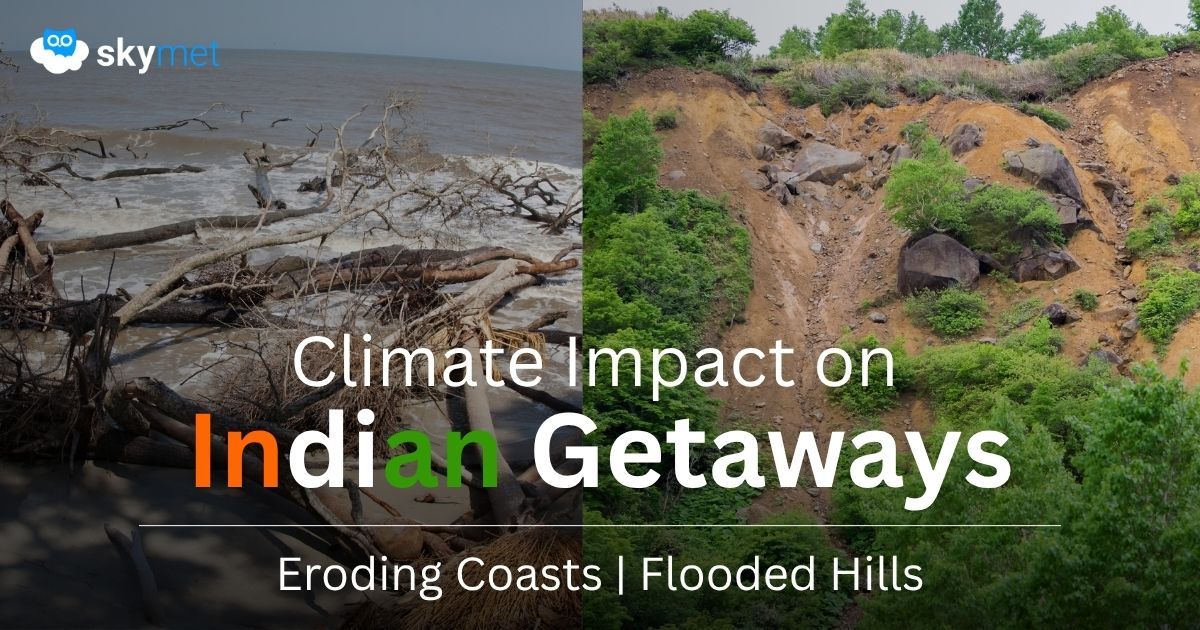
Safeguarding Indian Agriculture in the Face of Global Trade and Climate Pressures
As India negotiates trade deals with the US, concerns are growing over the inclusion of agriculture, especially dairy. In a climate-vulnerable, livelihood-heavy sector, duty-free subsidised imports could harm small farmers. Balancing trade ambitions with food security and sustainability is crucial.
Read More

Smart Farming With AI: Can AI Bridge the Yield Gap and Help Indian Agriculture
Artificial Intelligence (AI) is transforming Indian agriculture by enabling data-driven farming, real-time weather forecasting, and precision crop monitoring. Smart farming techniques are helping bridge India’s agricultural yield gap while improving productivity and sustainability. With the right digital infrastructure, AI can revolutionize Indian farming and boost rural livelihoods.
Read More

Mumbai’s Water Future: Beyond the Monsoon Reliance
Mumbai is facing a growing water crisis due to rising population, irregular monsoons, and rapid urbanisation. While reservoirs and monsoon rains are vital for the city's water supply, over-dependence is proving risky. Strengthening groundwater recharge, rainwater harvesting, and sustainable water management is crucial for Mumbai’s long-term water security.
Read More
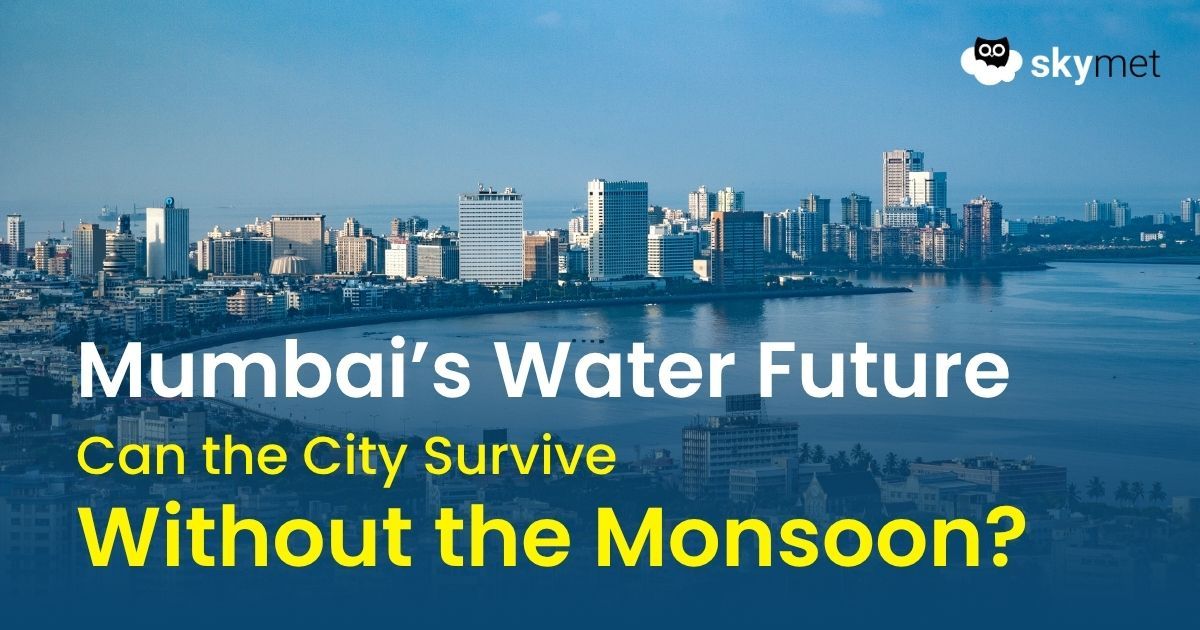
Is the global mean temperature rise still the right lens to view the climate crisis?
Climate models that project global warming beyond 2050 are riddled with uncertainty. That’s not because the science is flawed, but because the future — in terms of emissions, technology, policy, and societal behaviour — is inherently unpredictable. Multiple datasets and models often disagree on whether the 1.5°C threshold has already been breached.
Read More
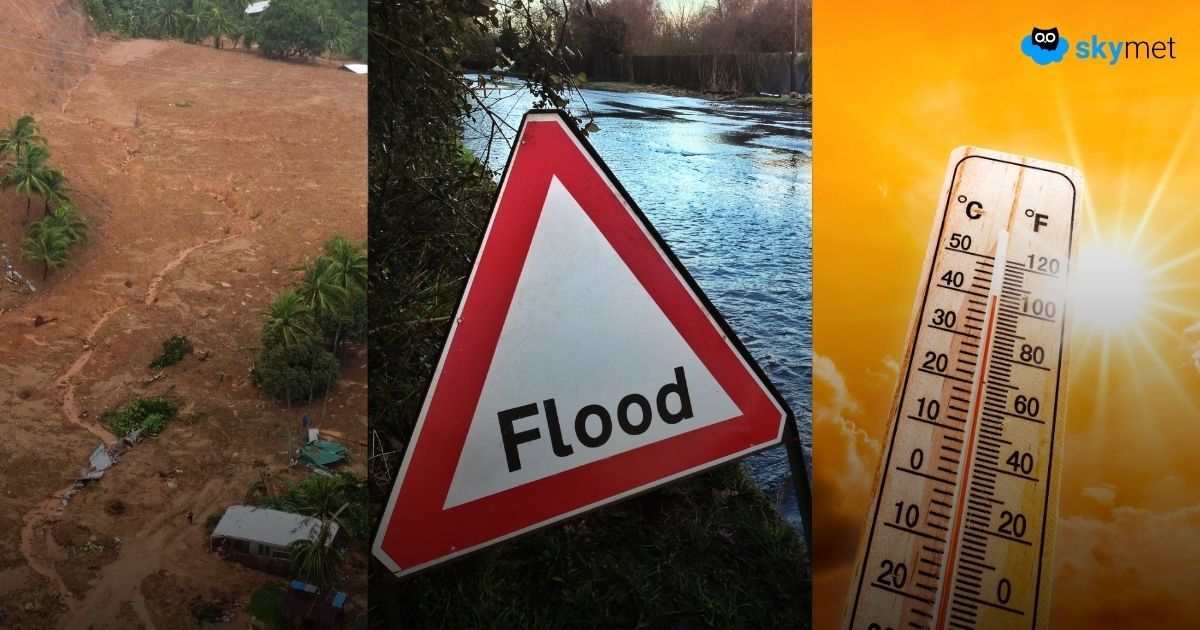
Moon Phases Explained: Impact on Weather, Climate Truths, and Tracking from India
Explore the science of moon phases, their real impact on weather, and how to track the lunar cycle from Navi Mumbai. Insights from Skymet Weather.
Read More

National Space Day 2025: From Aryabhatta to AI Forecasts, Space Innovation Driving Climate Resilience
India celebrates National Space Day 2025, linking Aryabhatta’s legacy to Gaganyaan, and showcasing space tech in farming, climate resilience, and innovation.
Read More
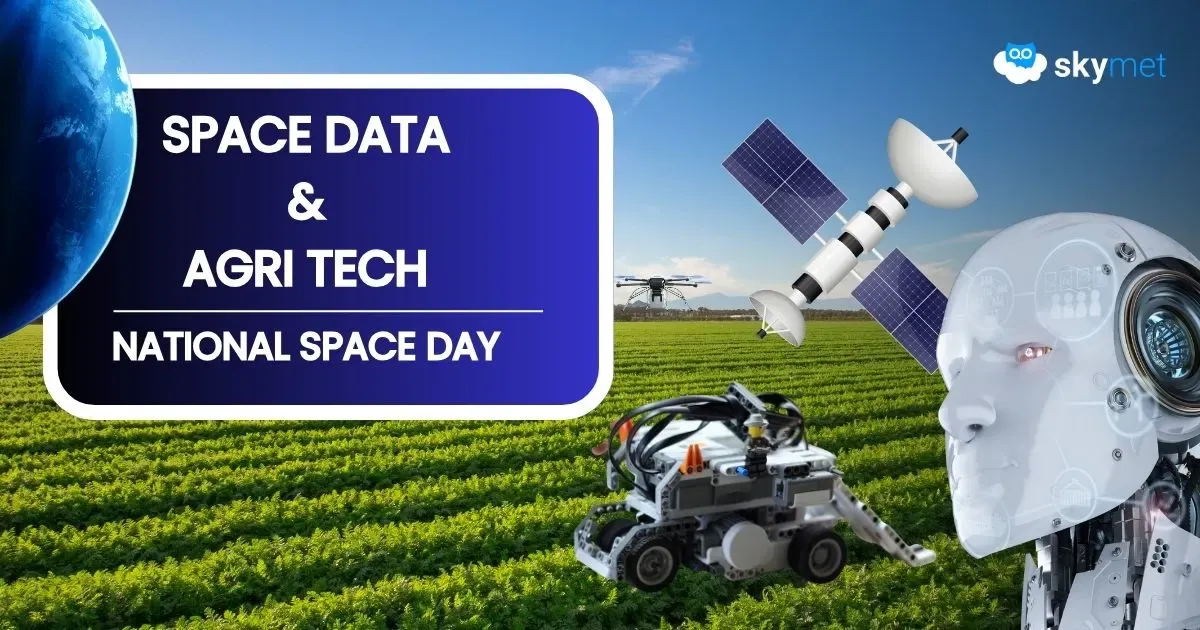
Rare Black Moon on August 23, 2025: What It Is, Why It Happens, and How to See It
A rare Black Moon rises on August 23, 2025. Learn what it means, why it happens, and how to watch the skies for stunning crescent views and stargazing.
Read More

Top Channels

All News

Weather News

Climate change

La nina

Monsoon Update
Latest News and Articles Just for You
Videos for you
Browse by State
© 2025 Skymet. All rights reserved.












